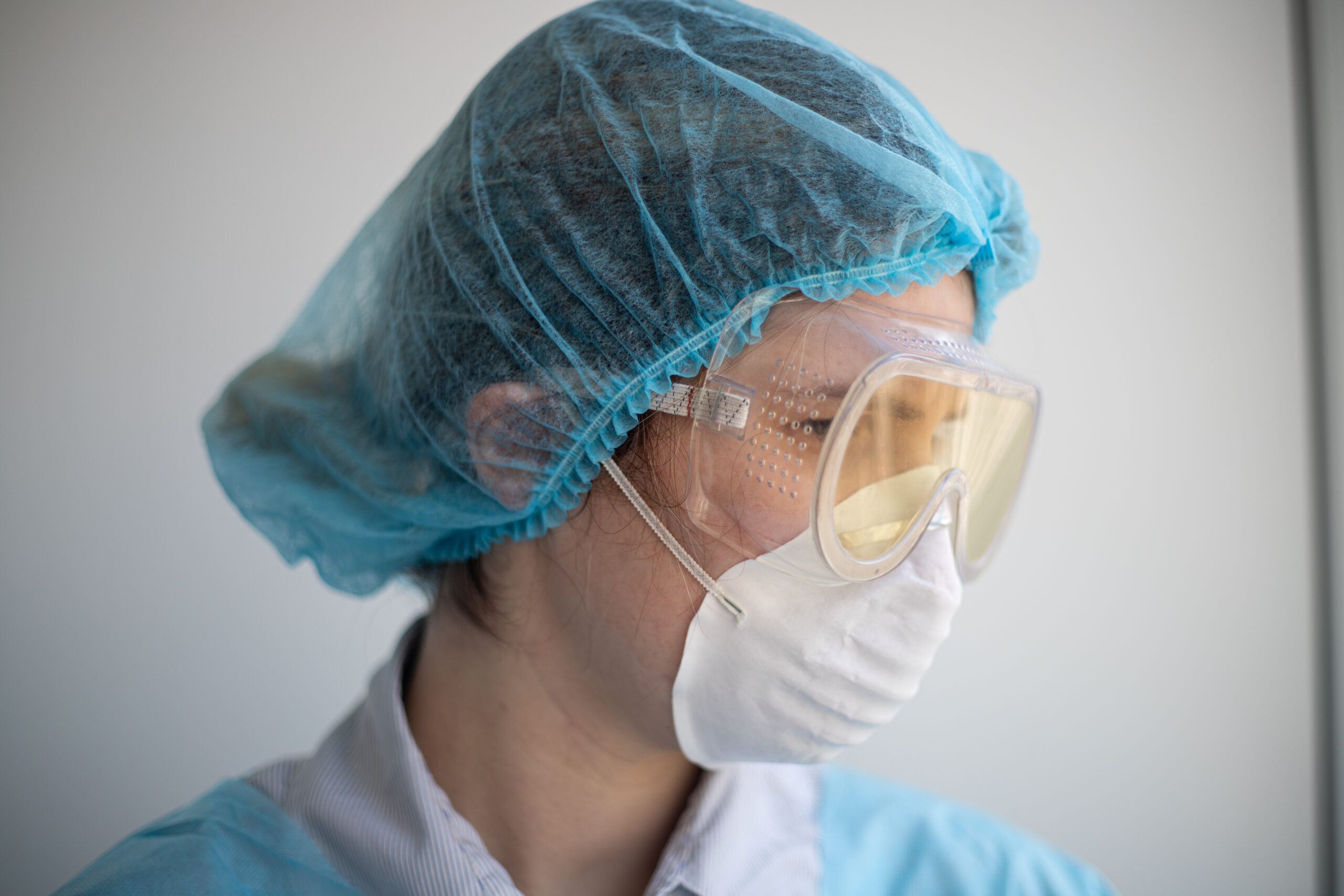

Healthcare workers need to take care of their physical and mental well-being to be more efficient in the workplace. According to the World Health Organization, healthcare professionals have more exposure to occupational risks such as infections, unsafe patient handling, hazardous chemicals, radiation, injuries, and psychosocial hazards. At the same time, healthcare workers are also more prone to suffering mental health conditions such as depression, anxiety, and insomnia.
Nurses, in particular, are exposed to constant stress and anxiety at work stemming from staffing issues, disorderly patients, and unsafe working conditions. In a previous post, we discussed how surveys and studies have long found that nurse stress levels are higher than the general population. In the post, we highlighted research from Texas A&M University that used special eye-tracking glasses to monitor stress levels among nurses throughout the day. This is done by tracking eye movements to find signs of stress and overall fatigue.
In fact, a nurse’s eye health can indicate a lot about their general health. Similarly, vision problems can also impact their performance at work. In this post, we’ll explore four tips to help nurses prevent eye strain:
Wear blue light glasses
As healthcare becomes more digital, nurses are exposed to more screen time as part of their jobs. One of the best ways to prevent eye strain from too much digital screen exposure is to protect your vision with the right eyewear. Buying blue light glasses is crucial to help protect your eyes from exposure to blue-violet light emitted by digital devices and the sun. Whether you prefer thick, chic frames from Ray-Ban or sleek and professional frames from Armani Exchange, you can get blue-violet light filtering lenses to reduce eye fatigue and discomfort and lessen eye strain in the long term.
Make use of smartphone settings
As mentioned above, blue light from digital screens can cause eye strain after long-term use. Still, interacting with screens may be an integral part of your job as a nurse. As such, using your smartphone settings to help reduce blue light exposure as much as possible is recommended. You can turn on dark mode or night mode on your smartphone to avoid blinding brightness from your screen. Dark mode is also proven to reduce eye strain and may improve your sleep quality.
Treat dry eye symptoms
Another factor impacting eye strain is having dry eyes. Dry eyes are a common condition that occurs when your tears can’t lubricate your eyes properly. To do this, you should have eye drops handy when at work to help keep your eyes adequately wet. However, be wary about eye drops that aren’t FDA-approved. Recently, the FDA announced that there are currently no FDA-approved amniotic fluid eyedrops as they may cause negative side effects. Brands like Regener-Eyes or StimulEyes were warned for not having an approved Biologics License Application to stay on the market. It’s best to ask your eye doctor for product recommendations when in doubt.
Maintain a healthy diet
Finally, as nurses, you need to stay healthy to help others stay healthy. Maintaining a healthy diet can help you protect your eye health and prevent vision problems in the long run. A diet low in fat and rich in fruits, vegetables, and whole grains can help not only your heart but your eyes as well. This is because your eyes rely on ample oxygen and nutrients — just like the heart. Eye-healthy foods you should incorporate into your daily diet include citrus fruits, vegetable oils, nuts, whole grains, and dark green leafy vegetables.
In a shocking incident on December 4, 2024, Brian Thompson, the CEO of UnitedHealthcare, was…
In an unprecedented step toward financial relief and health equity, the city of St. Paul,…
In early November 2024, a shocking tragedy unfolded in Budapest, Hungary, as American nurse Mackenzie…
If Robert F. Kennedy Jr. were to assume leadership of the U.S. Food and Drug…
On November 1, 2024, federal authorities charged 38-year-old Rebecca Fadanelli, owner of Skin Beaute Med…
In a quaint little restaurant in Echo Park, an up and coming author is sitting…